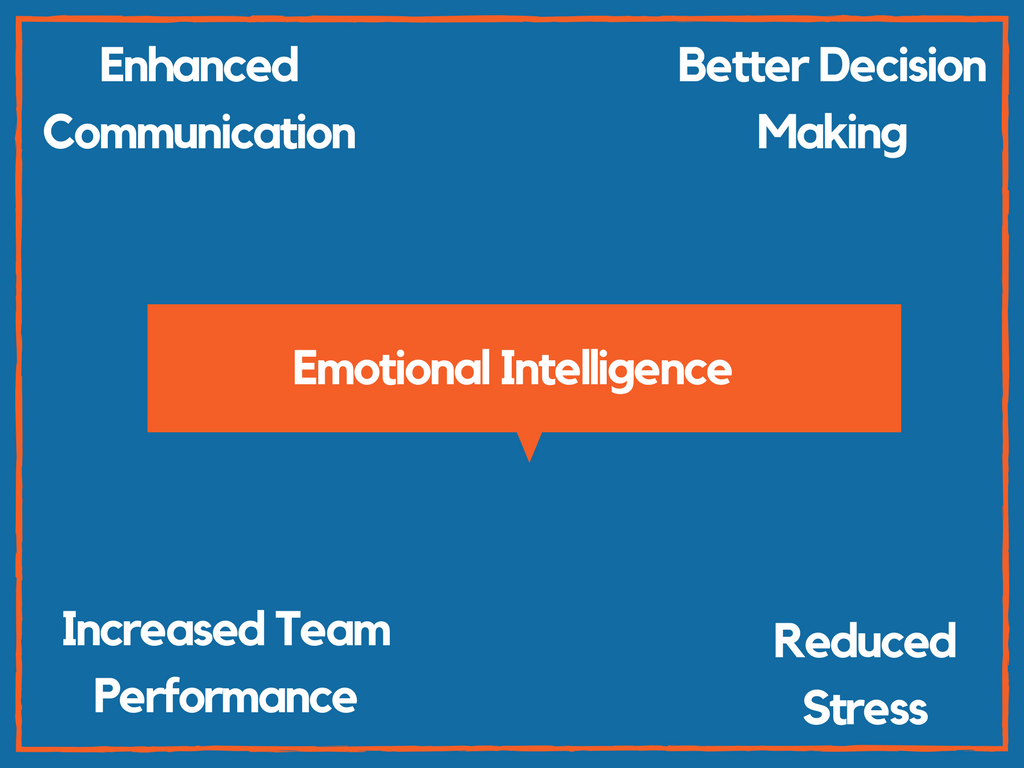
Does a slight glitch in routine throw off your entire schedule? The difficulty could be due to emotional exhaustion rather than faulty planning. No matter how organized we think we are, if we are unable implement effective emotional management alongside, chaos will be just under the surface waiting to disrupt carefully thought-through strategies. As described in Psychology Today earlier this year, the reactions of our emotions to external circumstances often become more encompassing than the initial problem.
What can we do about it? Even when we can’t predict what difficulties might arise, recognizing our personal emotional triggers and blocks ahead of time can better prepare us for when obstacles or challenges appear, which will assist to position us for success.
Daniel Goleman has written extensively on the subject of emotional intelligence, identifying five pivotal factors:
- Self-Awareness—consciousness of your responses as well as their impact on others.
- Self-regulation—adapting your reactions to your environment.
- Internal motivation—reliance on your own resources rather than those beyond your control.
- Empathy—the ability to relate to others and their requirements.
- Social Skills—aptitude for working with others and building relationships.
These techniques for self-monitoring can make the difference between minor miscommunications that are resolved with not much additional effort and major meltdowns that can throw an entire project off-track.
Set your schedule and productivity points aside for a few minutes, and think carefully about those unanticipated obstacles that may have popped up previously. What about that report from another department that is supposed to be on your desk first thing tomorrow morning? What if it doesn’t show up? Will you jump to conclusions, grab a phone, and leave a furious, self-sabotaging voicemail? Will you work overtime to do it yourself, silently fuming and shirking offers of assistance due to your determination to appear as if everything is under control?
We can expect that working with others asks for multifaceted awareness and polished communication skill in the face of celebrations or frustrations. We can often pinpoint the behaviors that are most likely to trigger us in unhelpful ways (quick temper, dominating tendencies, passive qualities, envy difficulties, etc.). See also: 7 Things Your Boss Wants You to Know About Conflict for consideration of challenges with co-workers.
No wonder those little details can push us to the breaking point!
With emotional intelligence we arrive at the middle ground of adapting to cognitive changes among organizational planning, flexibility, asserting our own needs, going with the flow, taking charge, and accepting the authority of others. Emotions are there—but we decide how to manage them.
One of the most crucial angles of emotional intelligence is restoring our reserves when the demands placed upon us become excessive. See How to Calm the Mind When it is in Overdrive for additional discussion on the self-care that can revive our motivation and replenish our resiliency.
Resiliency is a strong point that is required for 21st Century success.
